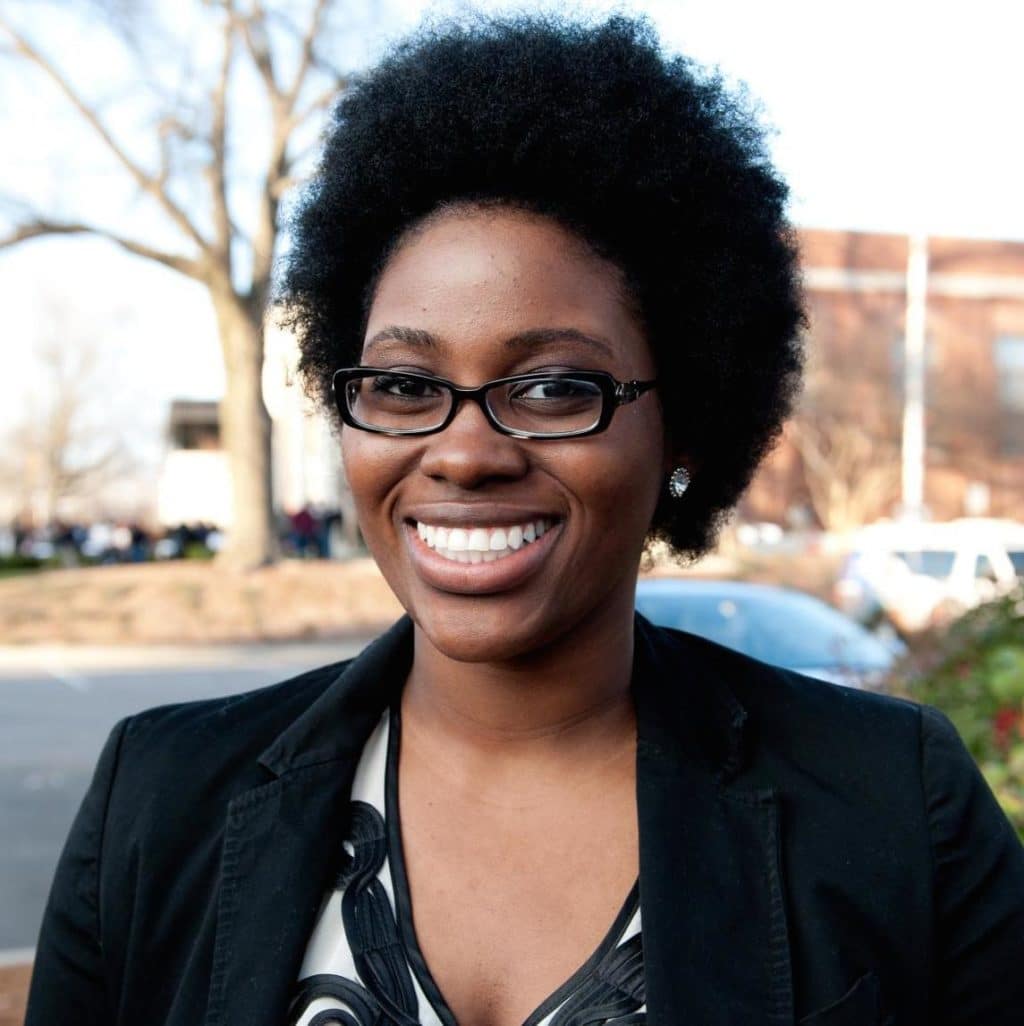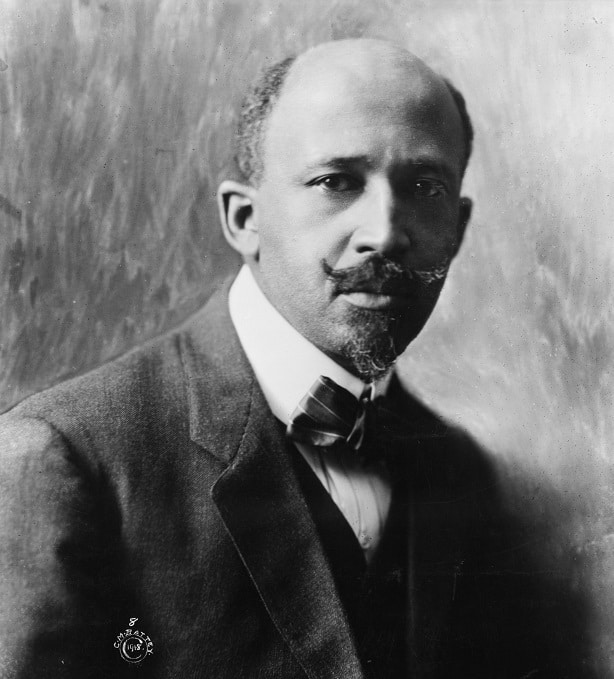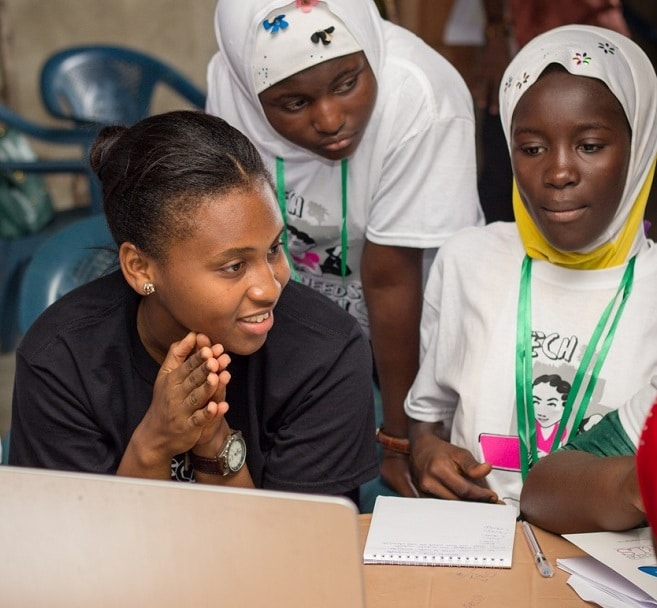Wannabes Obsess About Ideas; Entrepreneurs Obsess About Implementation
Sometimes, we spend an inordinate amount of time talking about our ideas, dreams and aspirations. It is easy to content ourselves with simply having lofty ideas, not realizing their sheer abundance. Anyone who has taken a breath has likely had an idea that could have literally changed the course of his or her life in a revolutionary way. Unfortunately, such ideas rarely get implemented.
Real entrepreneurs overcome their mental barriers, move beyond their comfort zones and spring into action. Wannabes seek a perfect plan. Entrepreneurs execute and adjust the plan later.
Wannabes Want Approval from Family and Friends; Entrepreneurs Embrace Criticism
Some entrepreneurs allow those closest to them — their friends and family — to prevent them from going after their dream of starting their own business.
Meanwhile. others, while they know their loved ones have their best interest at heart, know uninformed advice and criticism can be more harm than good.
Instead of wasting valuable time and energy being defensive or trying to get approval from those who cannot be persuaded by data, they use criticism to address holes in their business strategy.
Wannabes Focus on Getting ‘Rich’; Entrepreneurs Are in It for the Love
If you perceive starting a business as your golden ticket, think again. Many entrepreneurs who have built massive wealth likely didn’t go into business to get rich. They did so because they had passion for something and kept finding opportunities to expand the way they expressed that passion, and then they realized they could make money doing it.
Entrepreneurs who become rich do so because they love what they do. It has meaning for them, so much meaning that they are willing to do whatever it takes, at weird hours, often at high personal inconvenience and risk, to do it. Making money doing it becomes inevitable.
Wannabes Want to Get on TV and Get ‘Famous’; Entrepreneurs Build Desirable Products or Services
Since the days of the Dot-Com era, many entrepreneurs were treated like pop stars. This has attracted many wannabe entrepreneurs who are more concerned with the spotlight than actually running a successful business.
Real entrepreneurs recognize their natural desire to be recognized, but they don’t think fame is the only form of recognition that validates them. Rather than focusing on becoming famous, they focus on creating something deserving of attention.
Wannabes Hope, Pray and Wait for Their Lucky Break; Entrepreneurs Engineer Multiple Plans and Execute
Wannabes focus on positive thinking, expecting one day their big break will come and things will get easier.
Entrepreneurs put themselves in a position to get lucky by creating the right situations for success by planning for multiple contingencies, therefore, persevering through both the good and bad times.
They also make the right connections, believe in what they’re doing and then seize the opportunities that align with their goals and avoid those that don’t.
Wannabes Are Discouraged by Failure; Entrepreneurs See Failure as an Opportunity
Wannabes fear looking stupid in front of their friends. Entrepreneurs willingly risk making fools of themselves, knowing that long-term success is a good tradeoff for a short-term loss of dignity.
Entrepreneurs don’t see failure as something to fear. Instead, they see it as an opportunity to expand their knowledge base and a stepping stone to success. Therefore, real entrepreneurs don’t hide their failures and aren’t afraid to expose their ideas to a cold reality as soon as reasonably possible.










